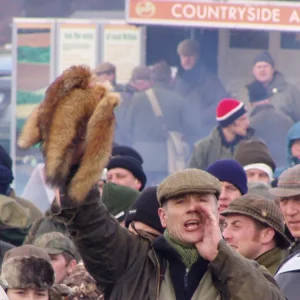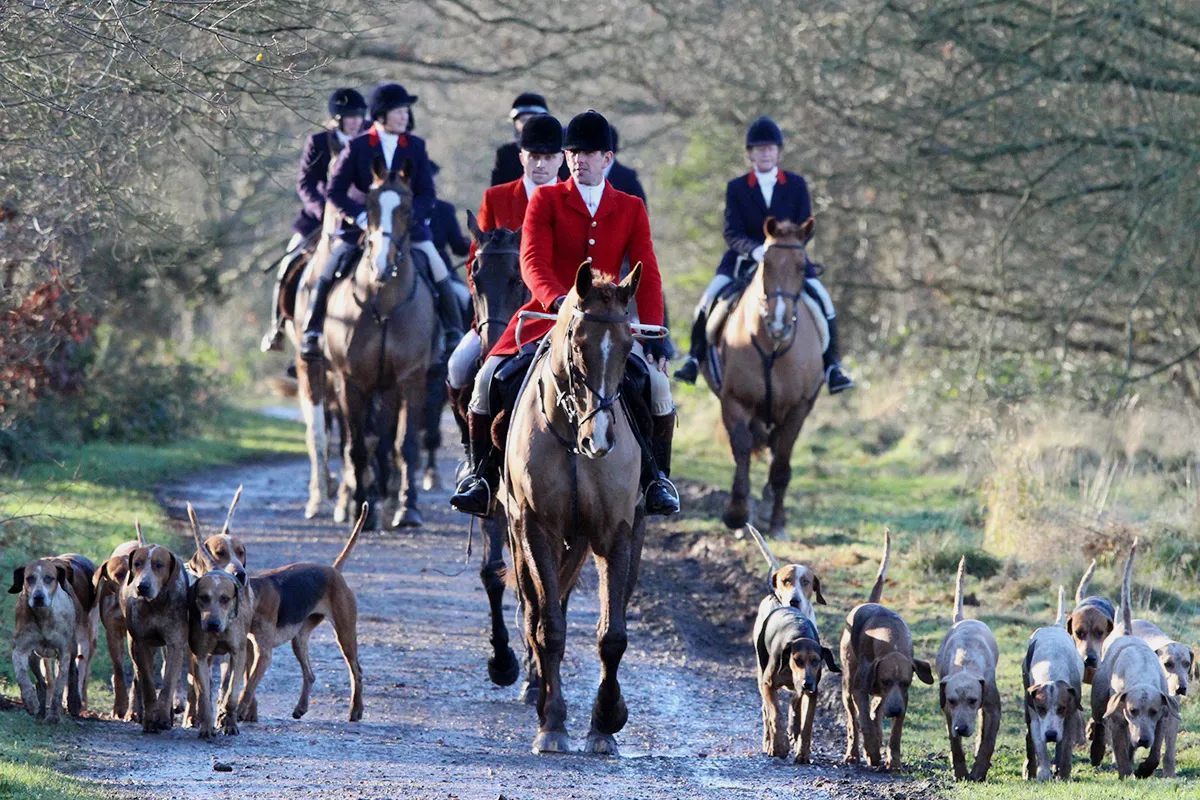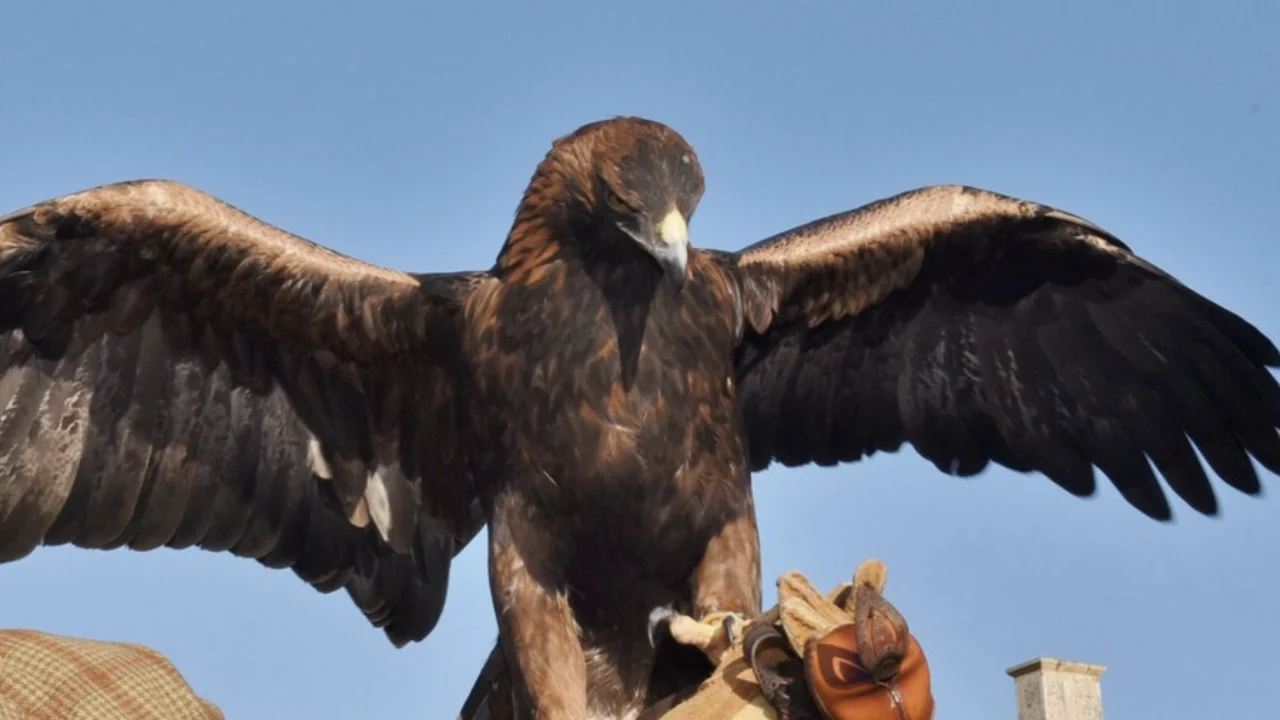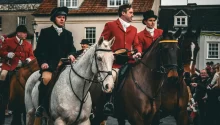By Leslie Gilbert Pine (1907–1987)
I think that four main classes of persons may be distinguished among those who actively pursue blood sports.
First we have those who enjoy bloodshed for its own sake, or who loving a particular form of activity, are completely indifferent as to whether or not it involves the suffering of any other creature. Fortunately these men and women — any illusions about the gentler sex are soon shattered when one takes part in blood sports — are in the minority. Still, they often carry great weight among their fellows, as obviously they are the keenest of the keen, and are most vociferous in defending their right to blood sports. It is, I have found, impossible to argue with such people. If one attempts to argue or discuss with them, they are at best brusque, and at the worst obscenely rude. They soon shout, gesticulate, swear and even proceed to blows, provided no witnesses are present. Nothing can even be done with this minority of blood sporters; they are really ready-made subjects for the psychiatrist’s couch. In days gone by they would have gone as willingly to an auto-da-fé as they do (when in Spain) to a bullfight, or (surreptitiously in England) a cockfight.
In ascending order, as far as number is concerned, we come to a different class altogether. They are expert and seasoned blood sporters, but owing to their possession of finer feelings and better natures, they cannot avoid a feeling of guilt or of remorse in what they do … had these types been taken in hand properly when young, they would have proved enthusiastic nature lovers … Another turn in their education gave them the habit of shooting, or hunting, but nothing could entirely eradicate a gentler feeling.
The third class is comprised of those, and they are numerous in the English social scene, who want to get on socially and financially, who are climbers, and who want to know the right thing to do. A popular newspaper some years ago ran a series of articles giving half-serious, half-facetious, advice for these aspiring Joneses. They must learn to kill and to kill fast. Consequently they take to blood sports. They know that in modern England, despite the decay of the real, old-fashioned landed gentry, enthusiasm for, and participation in, country pursuits is unchecked, and that to share these is one way to get into the swim with the best people. As far as this third class is concerned, anything would do which would get them into touch with influential persons and bring them the right social kudos. Cannibalism, or the inquisition, either would serve. They shoot pheasants, or hunt foxes, with the same zest which they would bring to rack turning or faggot gathering, had they lived some four hundred years ago. Their patron is Tony Fire the Faggot, the character in Scott’s Kenilworth, who was equally enthusiastic to burn protestants when Mary I sat on the throne, as he was to snuffle psalms among the godly when her half-sister had taken her place. There is no need for reformers to waste their time trying to convert this class; if blood sports can be banned, then these people will find other ways of creeping or climbing into social favour.
Lastly we come to a huge amorphous collection of men and women who cannot be accused of cruelty, for they do not really know what they are doing at sporting events. They go because it is the thing. Their type will for me at least always be personified by a nice-looking young man whom I once saw at a coursing meeting. He was nowhere near the scene of the atrocity, but was standing with two girls. The group was laughing and joking in a light-hearted way about a quarter to a half mile from where the hare was twisting and turning in a vain bid for its life against two powerful greyhounds … They had gone to this event, and it could have been anything. They just did not take sides. There are multitudes like this.
Leslie Gilbert Pine (22 December 1907 – 15 May 1987) was a British author, lecturer, and researcher in the areas of genealogy, nobility, history, heraldry and animal welfare. In 1959 he was the unsuccessful Conservative candidate for Bristol Central. He was managing editor of a British hunting magazine, Shooting Times, from 1960 to 1964. He later authored an important book highly critical of sport hunting, After Their Blood, in which he wrote: “It is our duty as men and women of God’s redeemed creation to try not to increase the suffering of the world, but to lessen it. To get rid of bloodsports will be a great step toward this end.”






